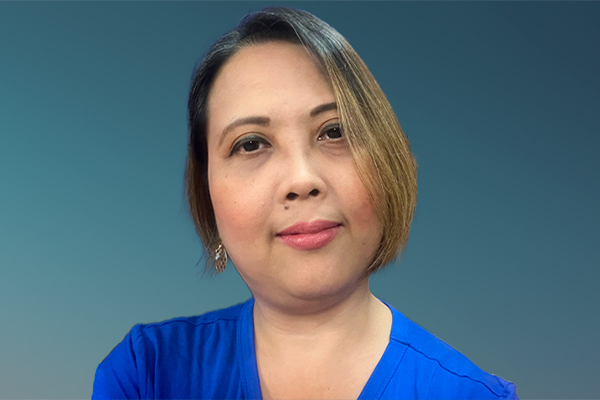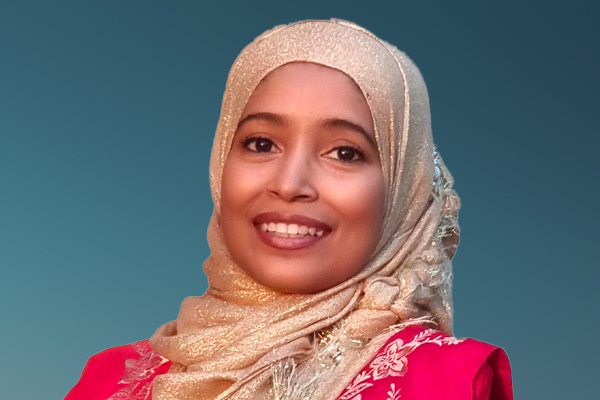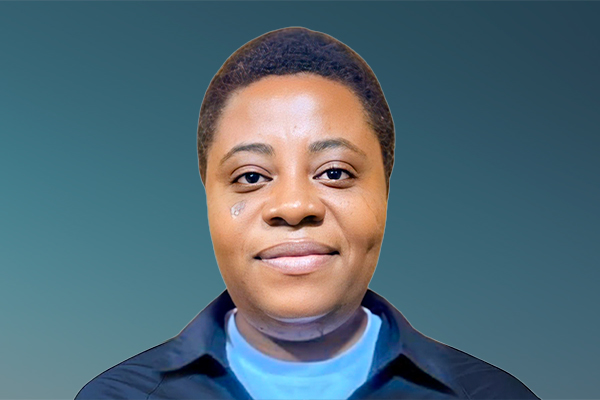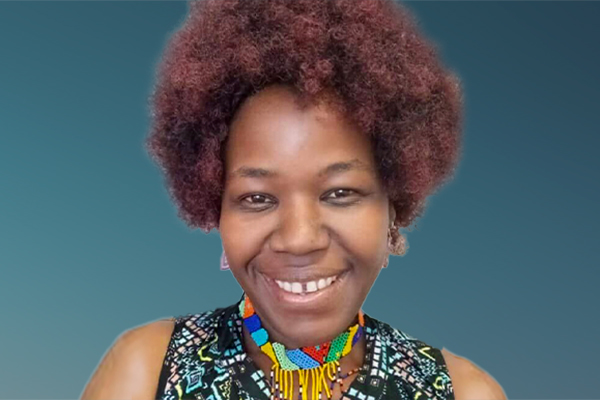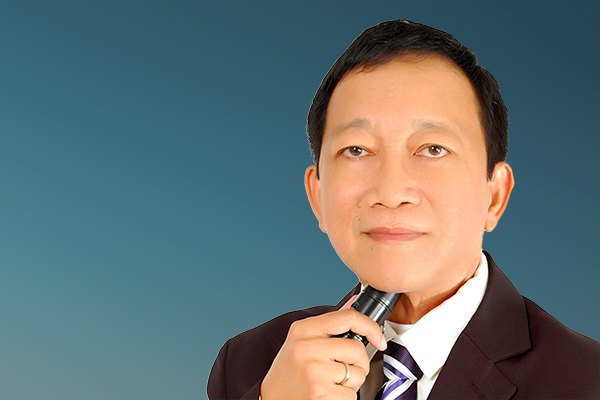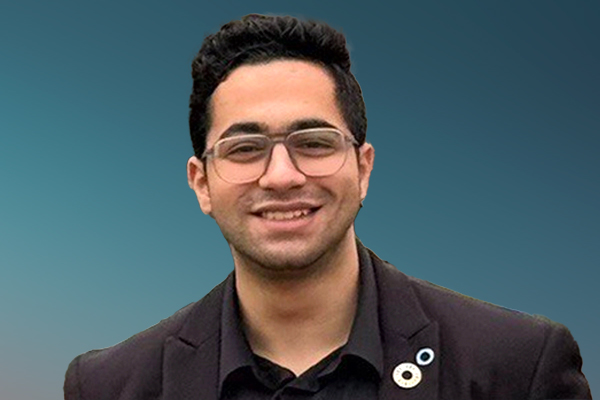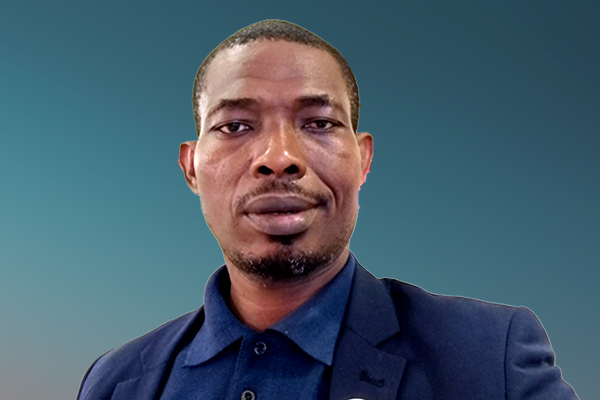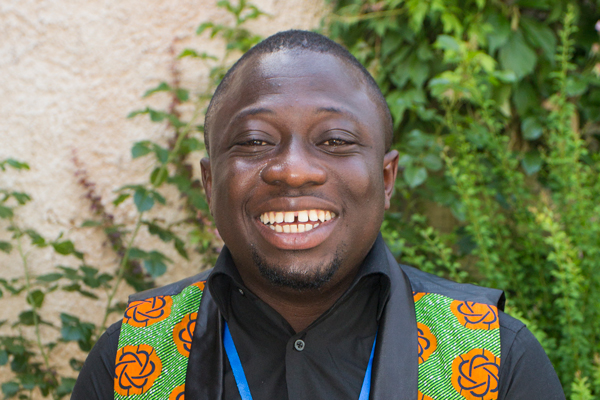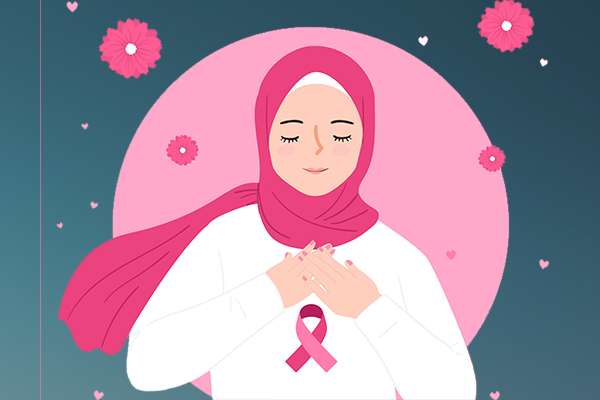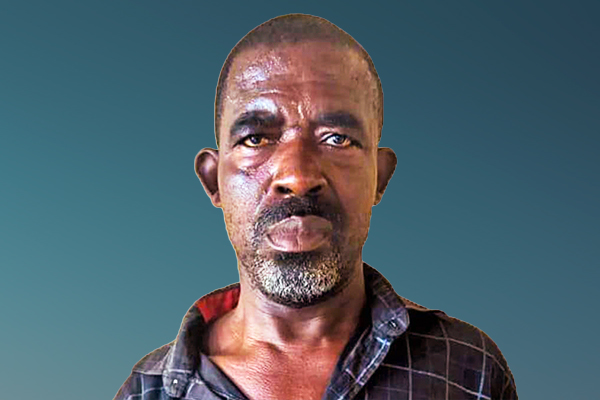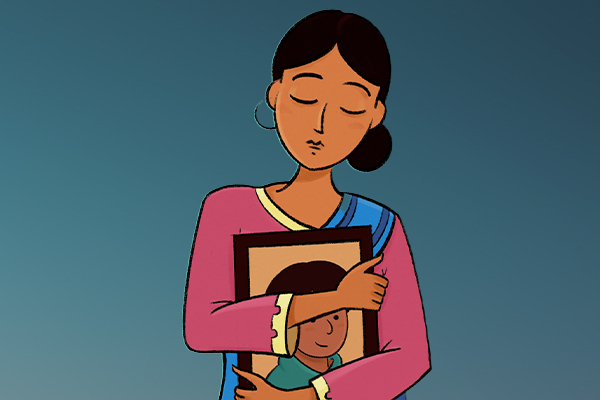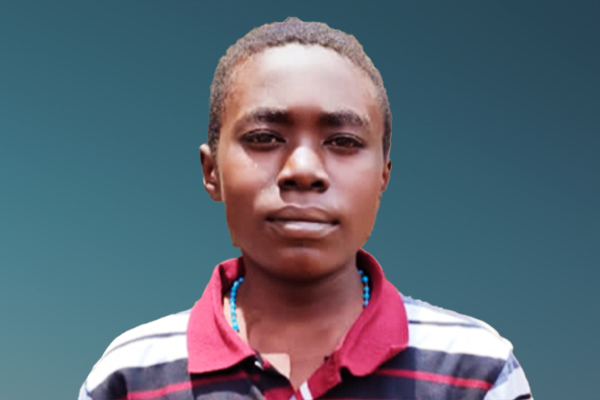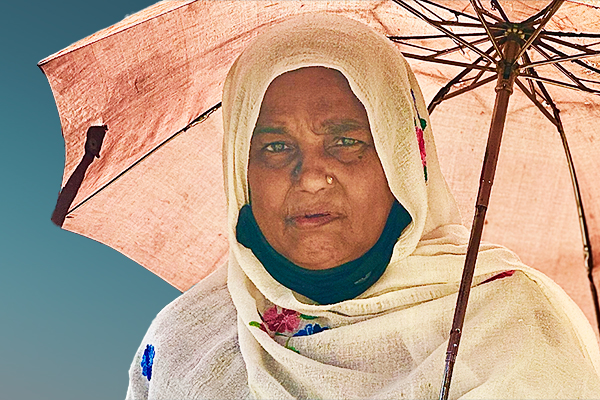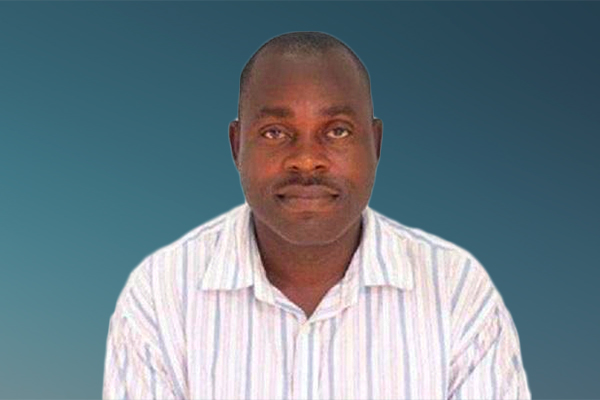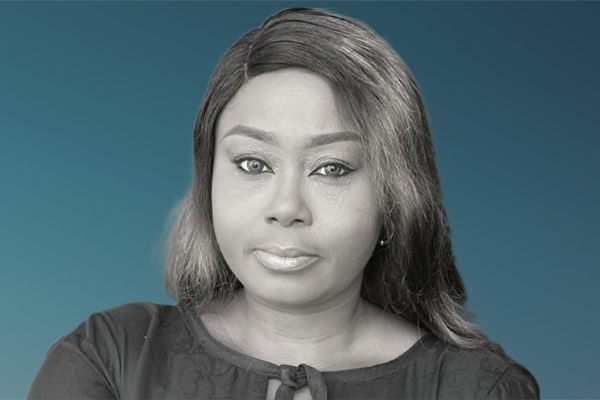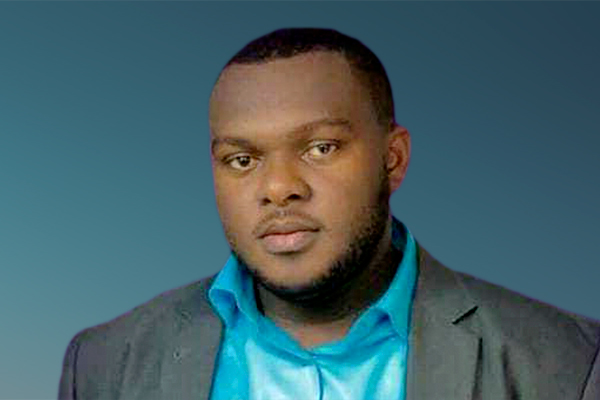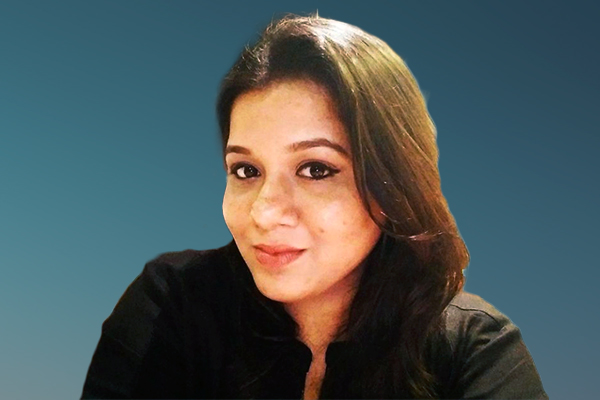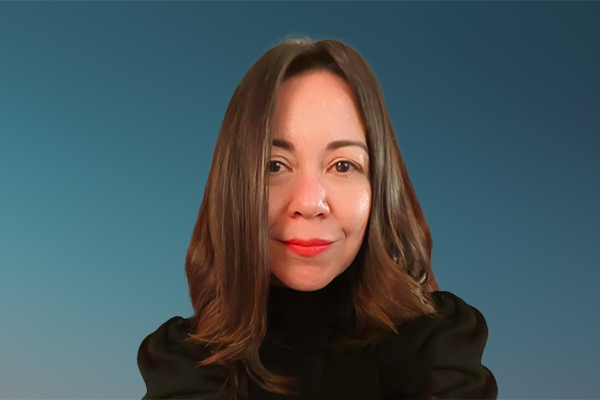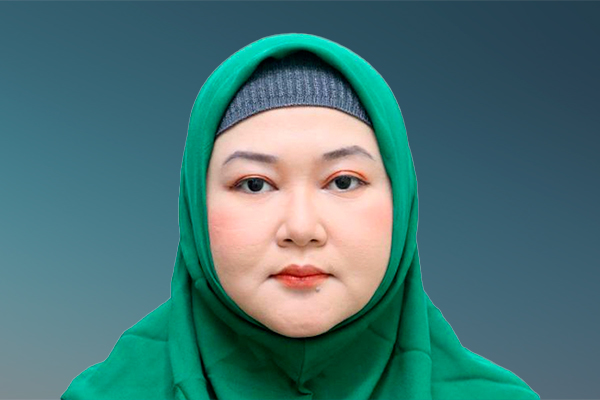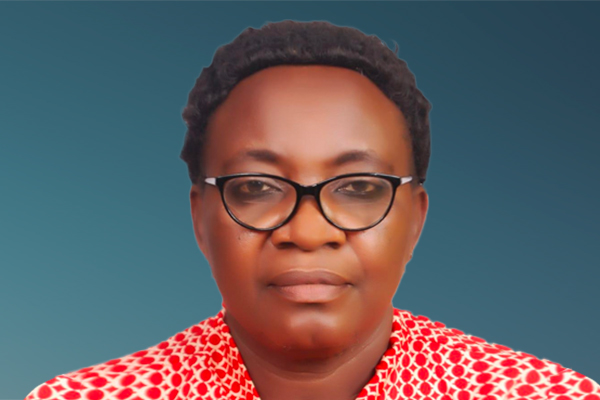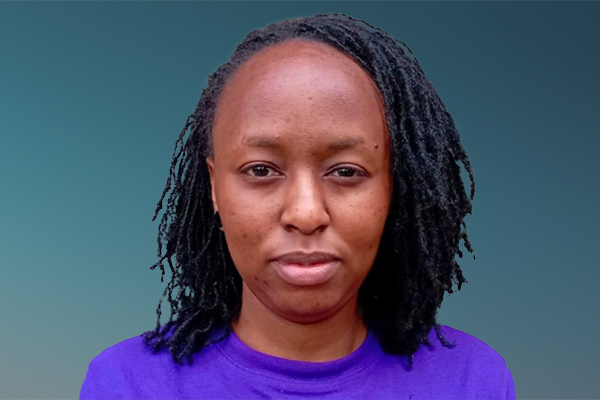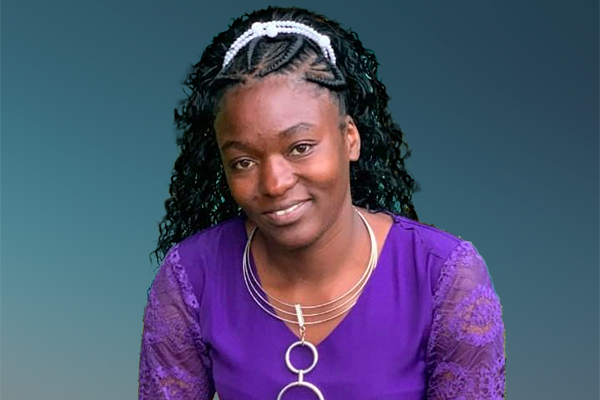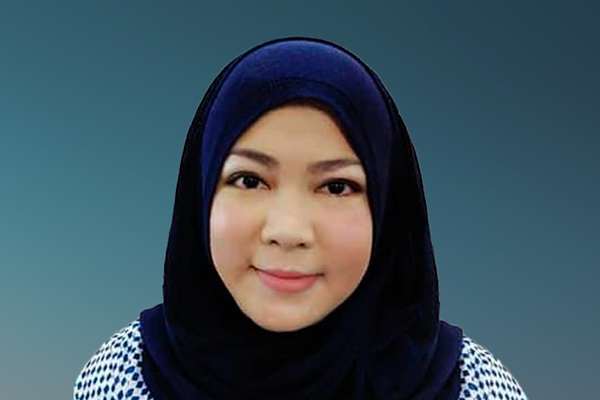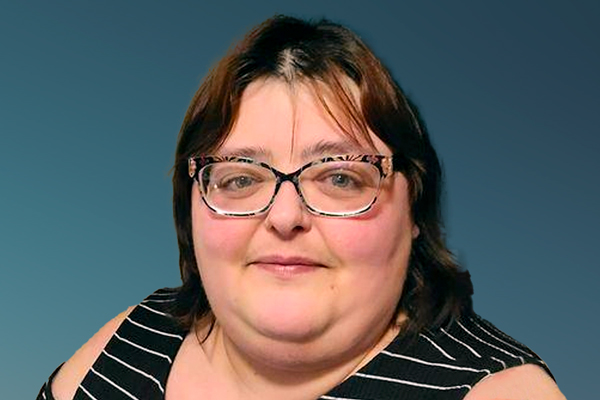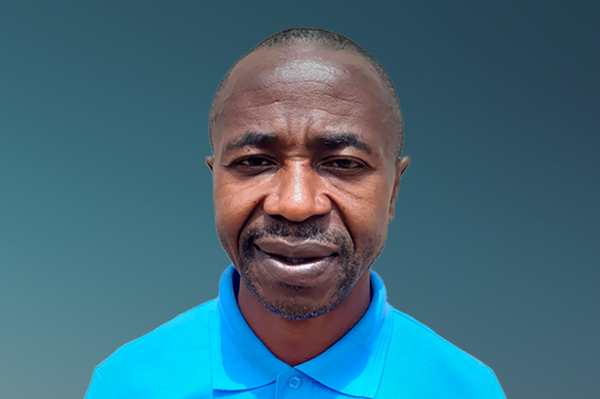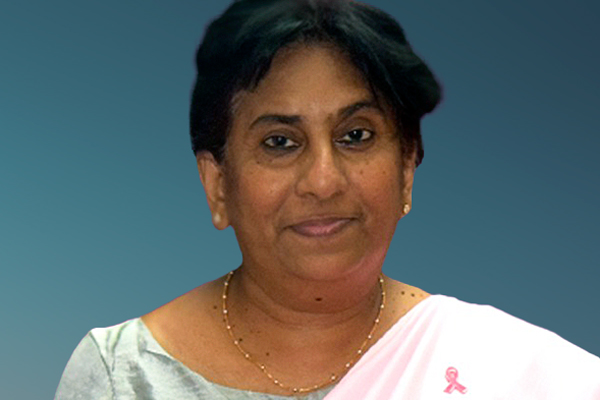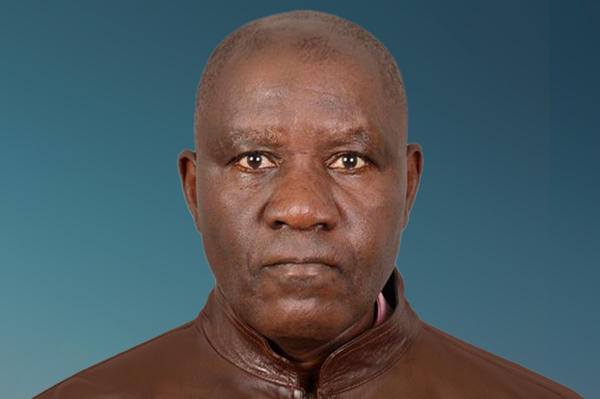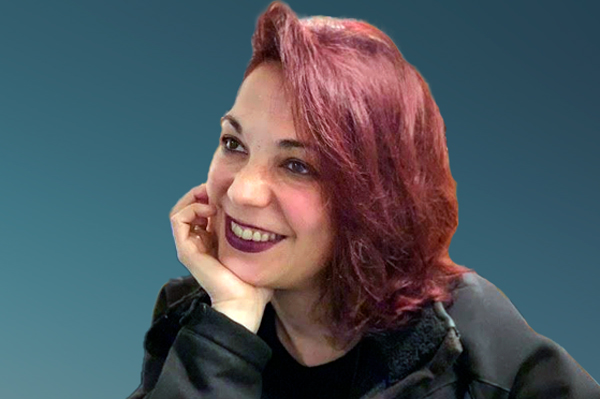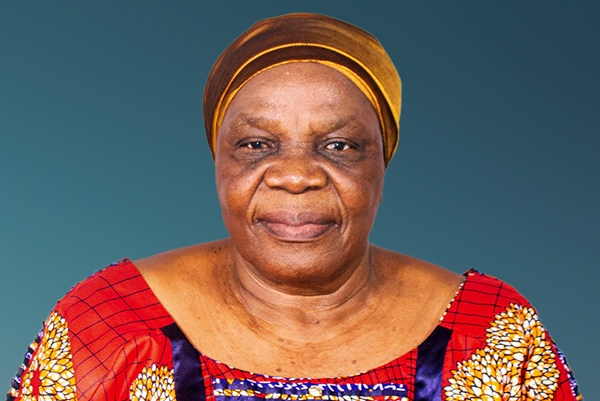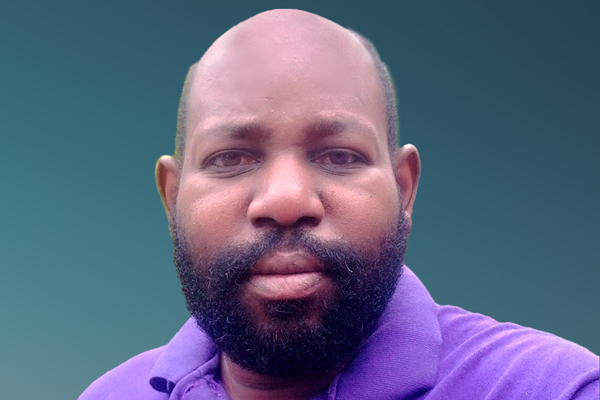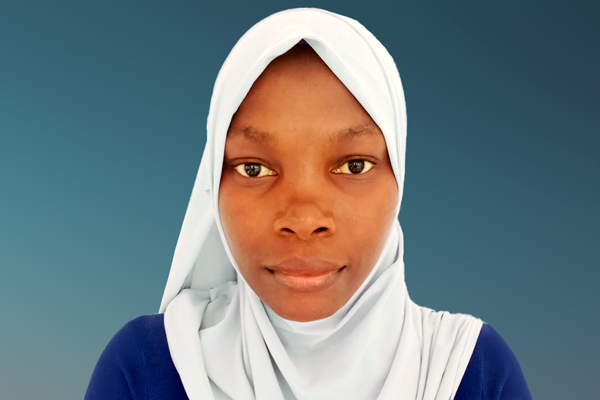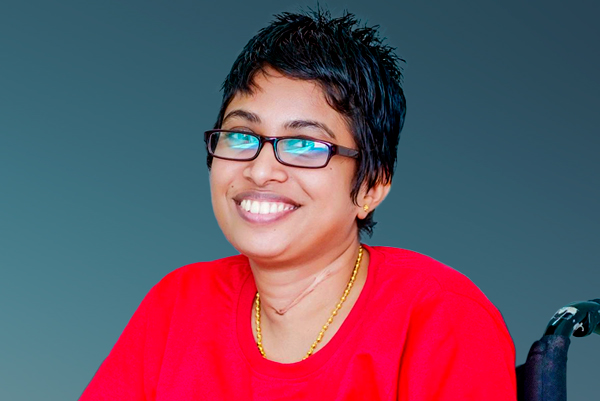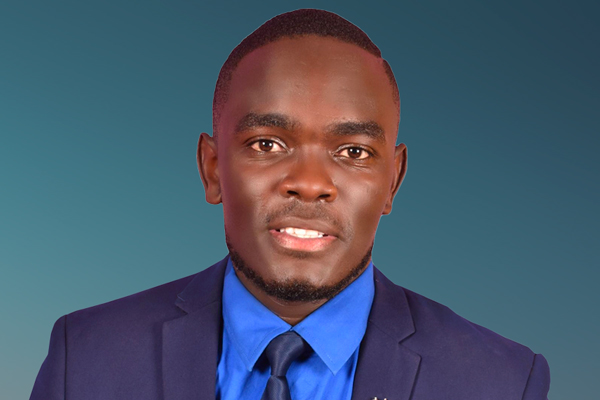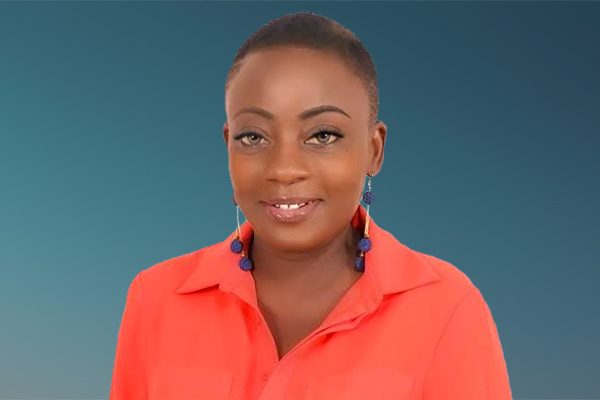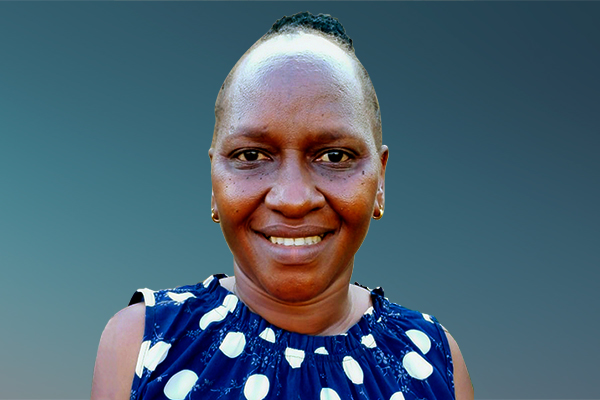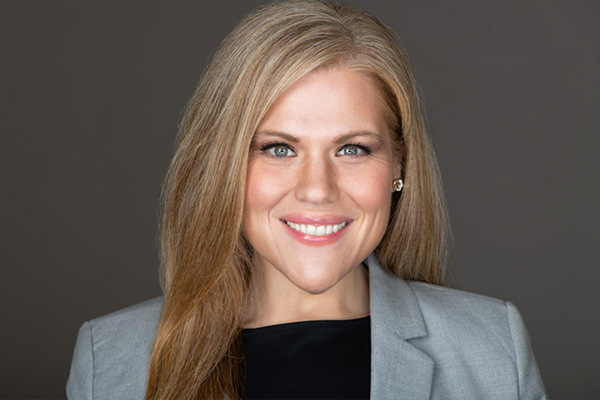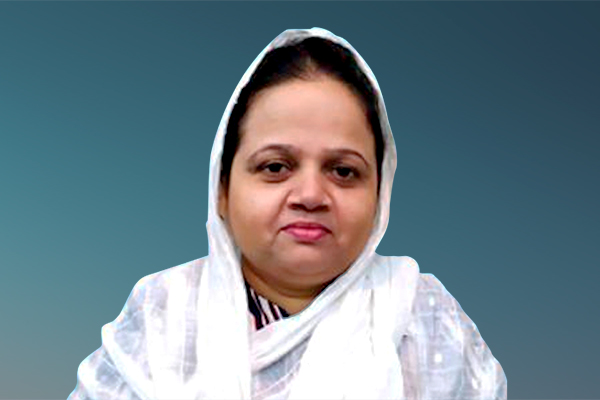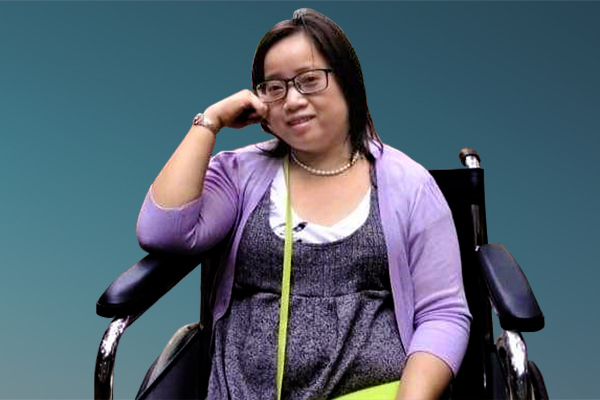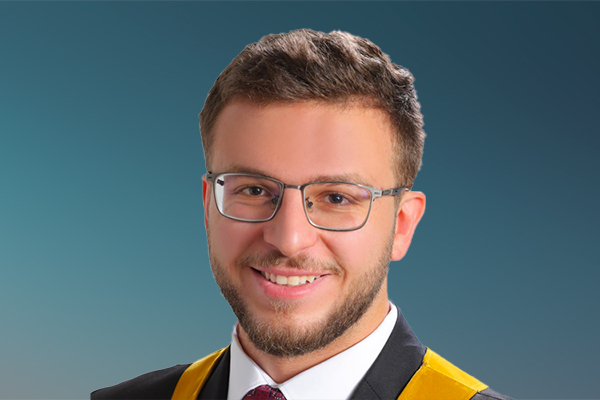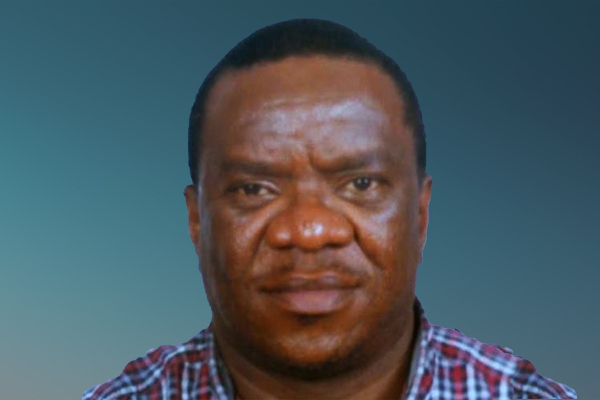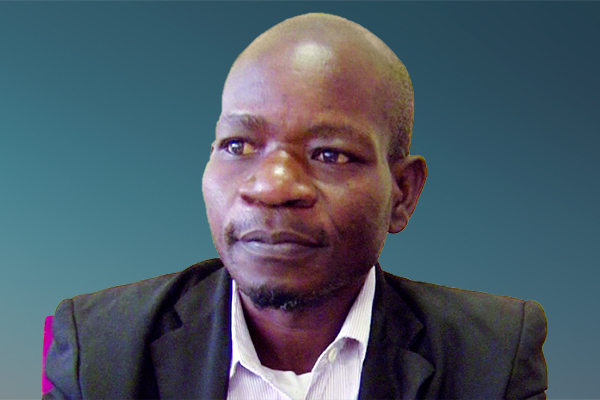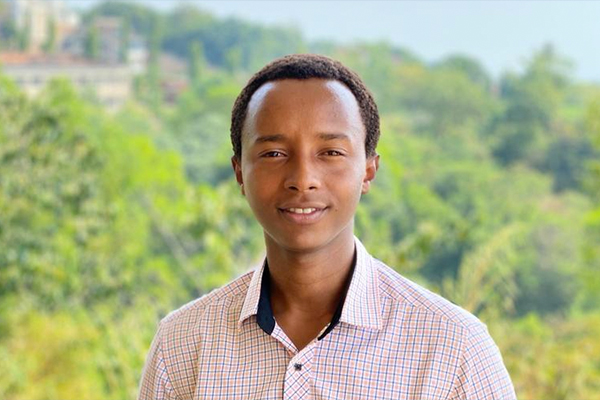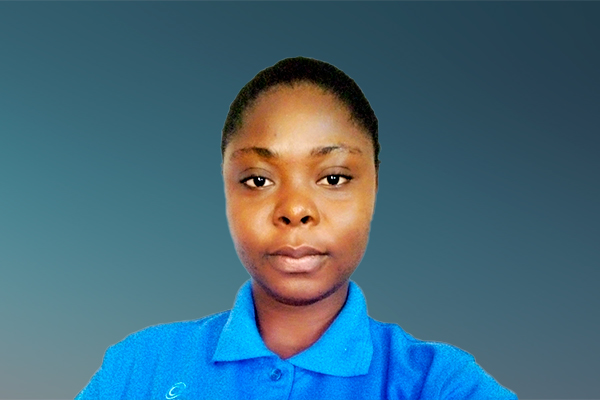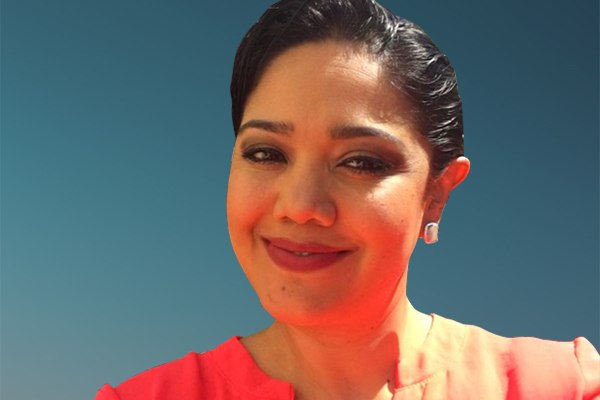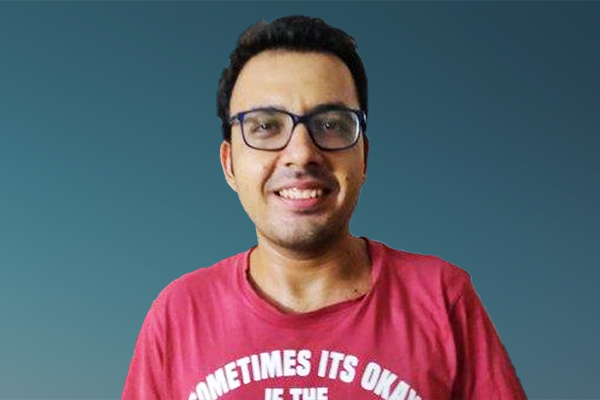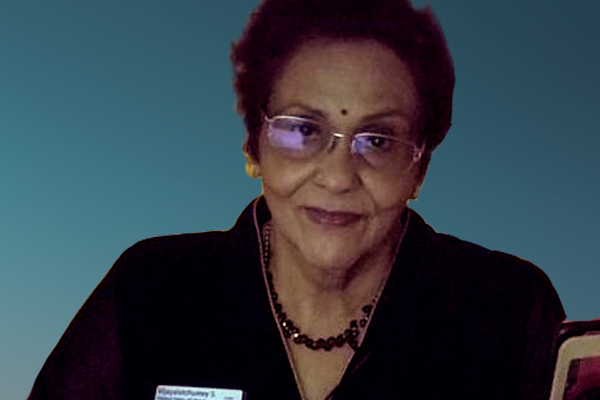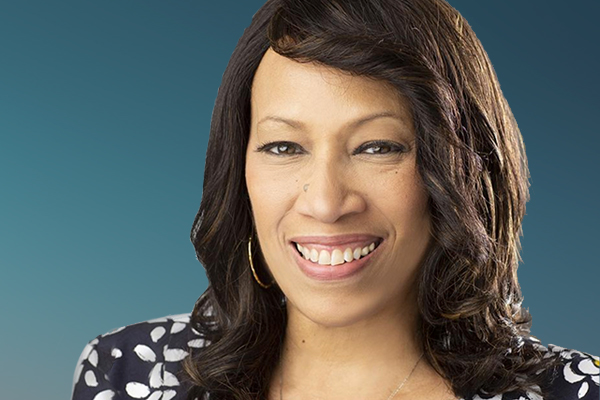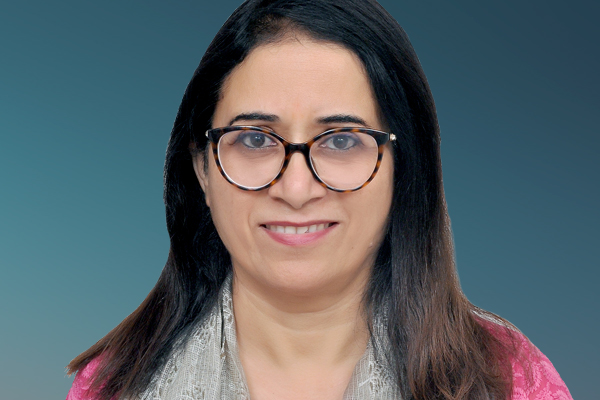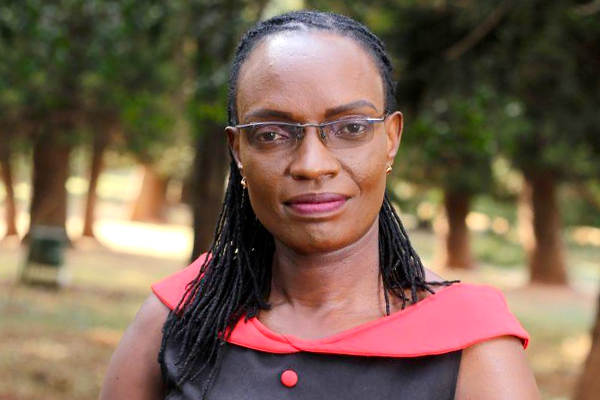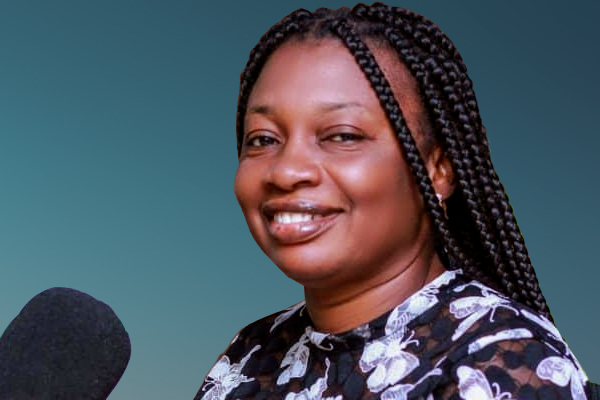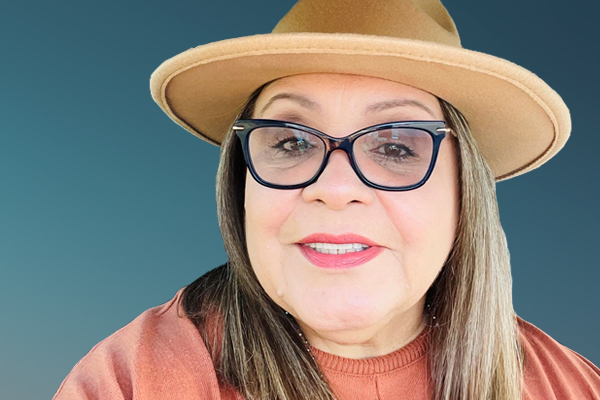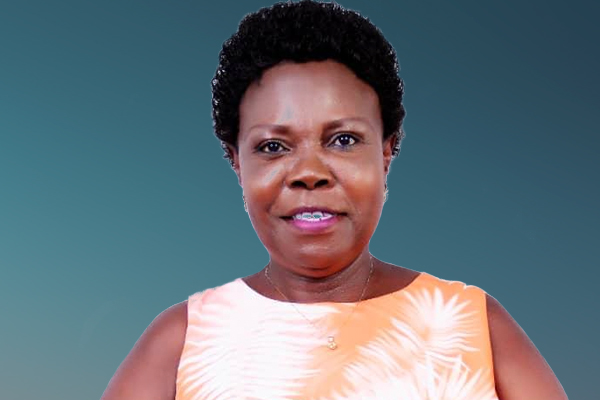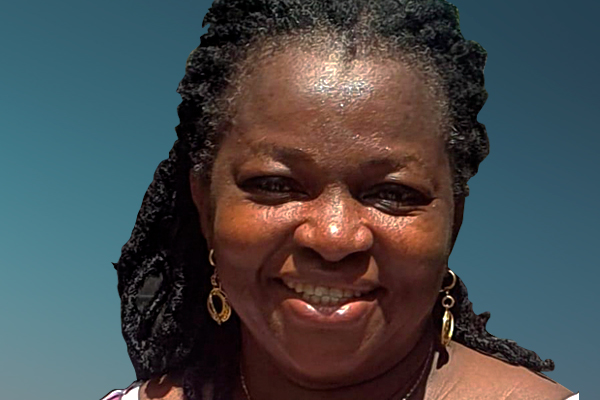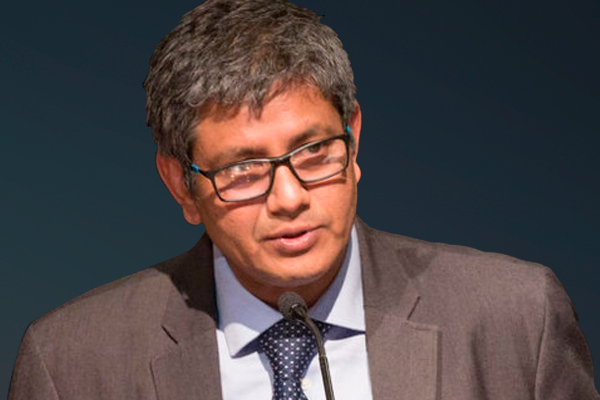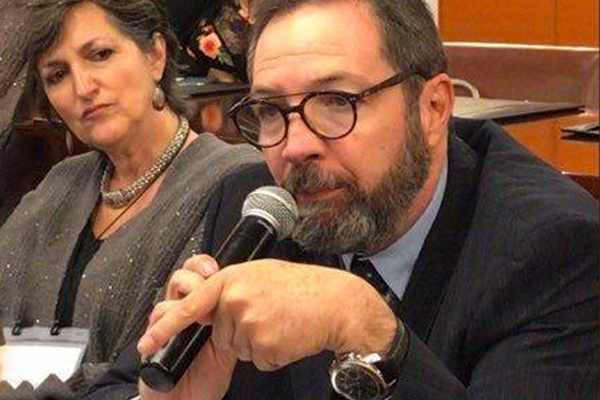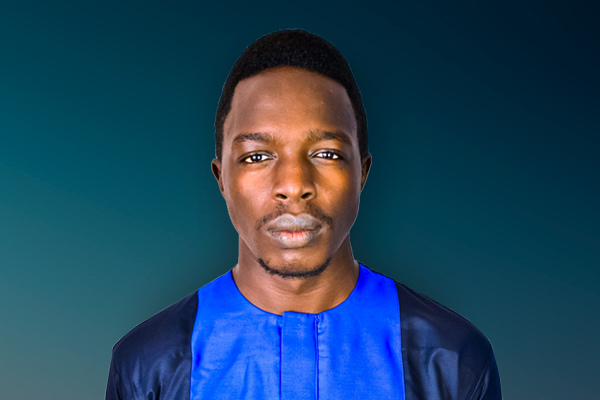My name is John Gikonyo and I am from Kenya. I live with hypertension and kidney disease.
I'm sharing my story because by doing so I not only become an inspiration to others, but I also become part of the solution.
17 September 2021
Living with NCDs: My Journey
My name is John Gikonyo, a father of 2 living in Nairobi, Kenya. I live with two noncommunicable diseases (NCDs): hypertension and chronic kidney disease.
I have lived with hypertension for 16 years, with my condition remaining fairly stable and well-controlled, especially after I learned the importance of sticking to the medication. I currently get my prescription every three months, during which time my post-transplant immunosuppressant drugs are also reviewed. I pay for these medicines out-of-pocket as my insurance only covers in‑patient costs.
I received the transplant in 2015, which afforded me an improved quality of life by way of flexible diet and freedom of movement, which are limited when one is on dialysis. Because I was diagnosed early, I was able to avoid dialysis by way of a preemptive transplant.
I relied heavily on the support of family and friends to cope both emotionally and financially. There was little information about chronic kidney disease and though the doctors were helpful, consultation came at a cost to me.
Kidney failure can only be managed by way of Renal Replacement Therapy, of which there are two, dialysis and transplant. These therapies are very expensive and out of reach for many people. In Kenya, the National Health Insurance Fund (NHIF) pays for 2 sessions of dialysis per week per person in a programme that is nothing short of a lifesaver for many, who would otherwise not afford the $190 it costs to dialyse weekly. Membership to NHIF is by subscription, and those who get to kidney failure stage without a subscription are unable to get this cover, most often with fatal consequences. Luckily, I have faithfully subscribed to NHIF.
A transplant is a very expensive procedure that NHIF partially covers with $5000. The lifetime of immunosuppressants that a person living with a transplant must take to prevent rejection of the foreign kidney comes at a cost beyond the reach of most of those on dialysis. There is no out-of-pocket cost to a person who stays on dialysis, because the NHIF pays for it. But if one gets a transplant, they have to bear the cost of immunosuppressants, which NHIF does not cover. So many prefer to remain on dialysis and miss out on the improved quality of life that comes with a transplant. There is an urgent need to review this NHIF Model so as to achieve the best outcomes for all involved.
21 December 2021
Fighting back: Living and coping with NCDs in Kenya
Once diagnosed with chronic kidney disease, I began gathering valuable information from those who already had lived experience, which greatly helped me to cope with and manage my condition. From this experience, I created a forum where we could share lived experiences, information, resources, and encourage and help one another. That is how the Renal Patients Society of Kenya (RPSKe), a peer support and advocacy group, was born. We are now in our third year with about 300 members.
Since inception, we have offered peer support to newly diagnosed members, and raised over $3000 for member drugs, upkeep and sadly final rites expenses, as we lost many members especially during the COVID-19 pandemic. We also found a sponsor for needy students living with a transplant, who require post-transplant drugs that they cannot afford. One of these students is Dorcas, a 20-year-old diagnosed with kidney failure in 2014. Her widowed mother had to sell everything to pay for her dialysis, until NHIF support finally came in 2016 when the dialysis package was introduced in Kenya. Dorcas eventually found a transplant sponsor in 2017 and NHIF covered part of the bill, but this sponsorship did not cover her post-transplant medication. Dorcas’ plight was brought to RPSKe’s attention, and we managed to get her a sponsorship from Nephromed Foundation. Her medication is now fully covered, and she can concentrate in class without feeling anxious that lack of these drugs may result in a graft rejection that would force her back to dialysis.
We have also negotiated a generous discount for members to receive laboratory tests with Lancet Pathologists, a leading pathology firm in Kenya. These tests are done regularly through the life course of those transplanted and are not covered by the NHIF. Pre-transplant laboratory tests are also not covered by health insurance, creating a barrier to accessing the NHIF Transplant cover.
These interventions offer relief from the financial burden of living with chronic kidney disease. However, to reach sustainable solutions we strongly advocate for Universal Health Coverage in Kenya, and are members of the NCD Alliance of Kenya Caucus of Patients Led Organizations, where we harness our efforts and commonalities to advance towards an NCD-free Kenya.
As a person living with hypertension and kidney disease, I’m aware of the common challenges cutting across different NCDs, and the urgent need for decision makers to focus on coverage and affordability of all NCD services. I will pronounce my specific calls to action in my next entry.
21 January 2022
Moving Forward: Calls for Change
Living with hypertension and kidney disease is not easy. From paying for medications, special diets and regular clinic visits to laboratory tests paid for out‑of‑pocket, it is a never‑ending cycle of cash‑sucking needs. This lifestyle also limits one’s ability to work, thus complicating matters even further. Every effort and intervention that eases this cycle of competing needs is therefore a great relief.
But there is life after diagnosis with NCDs, and current advances in the treatment and management of kidney disease and hypertension should afford all people the comfort they deserve. It can never be a completely normal life because these are chronic conditions, so these circumstances demand that we adjust our way of life to live with the conditions. Seeking ways to ease these adjustments in the lives of people living with NCDs does not amount to seeking special treatment, but rather finding a new normal. We can’t do this on our own, and there is need for a concerted effort with all hands on deck.
There is need for a friendly accommodating environment and a compliant well‑financed health system. There is need for policies and programs specifically for prevention and control of hypertension, kidney disease and other NCDs. We need the government to take a leading role in this, and call upon them to:
- Continue investing in kidney disease care and management, with more dialysis centers and transplant units in different parts of the country that are easily accessible. The NHIF dialysis package should be enhanced, and we should expedite the organ transplant bill that seeks to enable organ donations. This will expand the donor pool and thus enable more kidney transplants.
- Integrate all NCDs into UHC and promote NCD prevention and early interventions to curb the rising numbers of diabetes and hypertension cases that cause of kidney failure and other life‑altering complications. UHC should be made accessible to all and the current government sponsorship of one million indigent households in the roll-out is a good start.
- Include post‑transplant medication in the NHIF transplant benefit that currently only covers the cost of the transplant for recipient and donor. This will encourage a great number of those on dialysis to undergo a transplant and will provide relief from the rising and never‑ending cost of dialysis.
NCD Diaries
I'm sharing my story because by doing so I not only become an inspiration to others, but I also become part of the solution.
John Gikonyo, lived experience of multiple chronic conditions, Kenya
About NCD DIARIES
The NCD Diaries use rich and immersive multimedia approaches to share lived experiences to drive change, using a public narrative framework.

